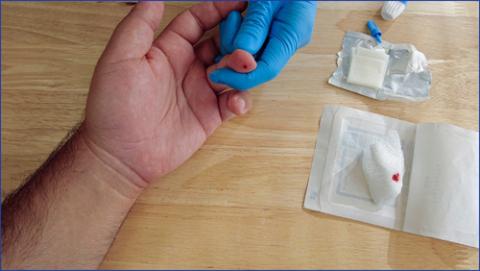
A new study from St. James's Hospital is seeking to learn more about the experience and opinion of patients with epilepsy regarding Therapeutic Drug Monitoring (TDM).
TDM is defined as “the measurement and the clinical use of drug levels in body fluids (usually serum or plasma) to adjust each patient’s individual drug dosage and to schedule each patient’s individual therapeutic requirement.”
In layman’s terms, TDM is measuring the levels of a medication in a person’s blood to see if a person’s treatment regime can be further individualised to enhance their chance of better outcomes.
Many reading this will know how epilepsy is most commonly treated with anti-seizure medications (ASMs) and how it is an individual journey for both patients and clinicians in finding the right anti-seizure medication, or combination of ASMs to treat a person’s epilepsy.
Research has shown that TDM can potentially help improve seizure control in various ways – including identifying poor medication adherence and potential adjustments that may be required for a person’s individual treatment. However, it is a complex aspect of epilepsy care and is used sparingly due a range of factors in hospital settings – including the pressures which are on specialist services across Ireland.
The study from St James's is seeking feedback from people with epilepsy around their opinion on the use of TDM in the treatment of epilepsy – as well as hearing more from those who have experience of their epilepsy being treated using TDM.
Responses will be used to feed into a wider project around the development of a finger-prick test for TDM, aiming to make the practice of TDM more accessible to clinicians.
If you would like to share your experience and opinions with the research team at St James’s, you can do so by completing the anonymous survey on Microsoft Forms via the button below:
Thank you in advance for completing this survey and we look forward to hearing more about this research when it has completed.
In the meantime, should you need any information or support on your or your loved one’s journey with epilepsy, please get in touch with your local Community Resource Officer. You can find their details by visiting the ‘Our Local Services’ section or our website.
